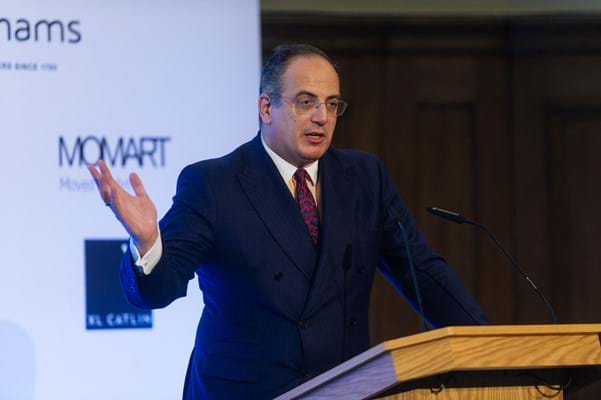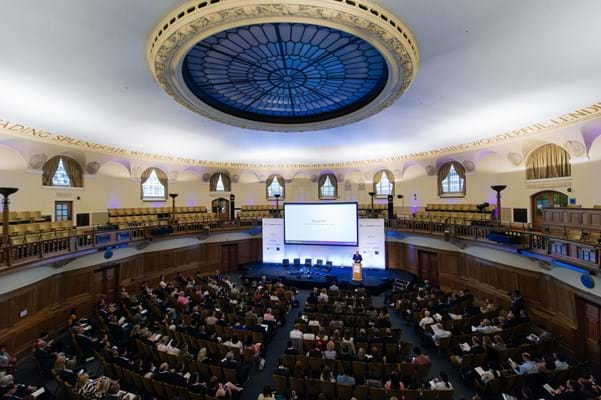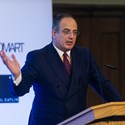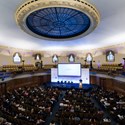In what was his maiden speech to the art and antiques sector, delivered at the Art Business Conference held in Westminster on September 4, Michael Ellis MP promised that the forthcoming law banning the UK ivory trade would be "balanced" and that exemptions will be "appropriate and carefully implemented".
He told delegates that he had spoken about the issue to Michael Gove, who as environment minister is championing a near-total ban on trading ivory in the UK, and that his [arts, heritage and tourism] department was keeping "a close eye on developments".
‘Globally competitive UK’
Addressing Brexit’s potential impact on the art market, the minister said the UK would “remain a creative and ambitious nation, open to the wider world, as we are now. And we will keep working for a strong and globally competitive UK art market that continues to attract talent and investment from around the world”.
The minister also said that online fraud and forgery, and the legal disputes that result, were a serious concern for legitimate art firms and risked damaging the art market’s reputation.
While the UK art market is known for the expertise of its sellers and “is global in its reach”, such expert advice and the provenance of an art work may not be available to inexperienced buyers “bidding on the basis of a digital image”.
The minister, a former barrister and deputy leader of the House of Commons before his promotion to minister in January, was seeking “some level commitment to integrity" from all online markets.
Role of Blockchain technology
Blockchain, effectively an online public ledger of data or transactions that is difficult to hack, forge or amend, could help record and promote an art work's provenance, the minister said, adding that the art market had an opportunity to influence the development of blockchain.
Where disputes over authenticity and provenance occur, Ellis acknowledged that the art market could resolve these itself.
‘Neutral experts’
“A system of mediation and arbitration could produce decisions, based on the evidence of neutral experts, on authenticity, ownership and copyright that are respected by the market,” he said.
He pointed to the new Court of Arbitration for Art in the Hague, launched in June with the aim of resolving disputes privately.
“I will be watching with interest to see how the art market engages with this system, how it would interact with national and international legislation, and also how its conclusions would be viewed by artists and other groups outside the art market.”









